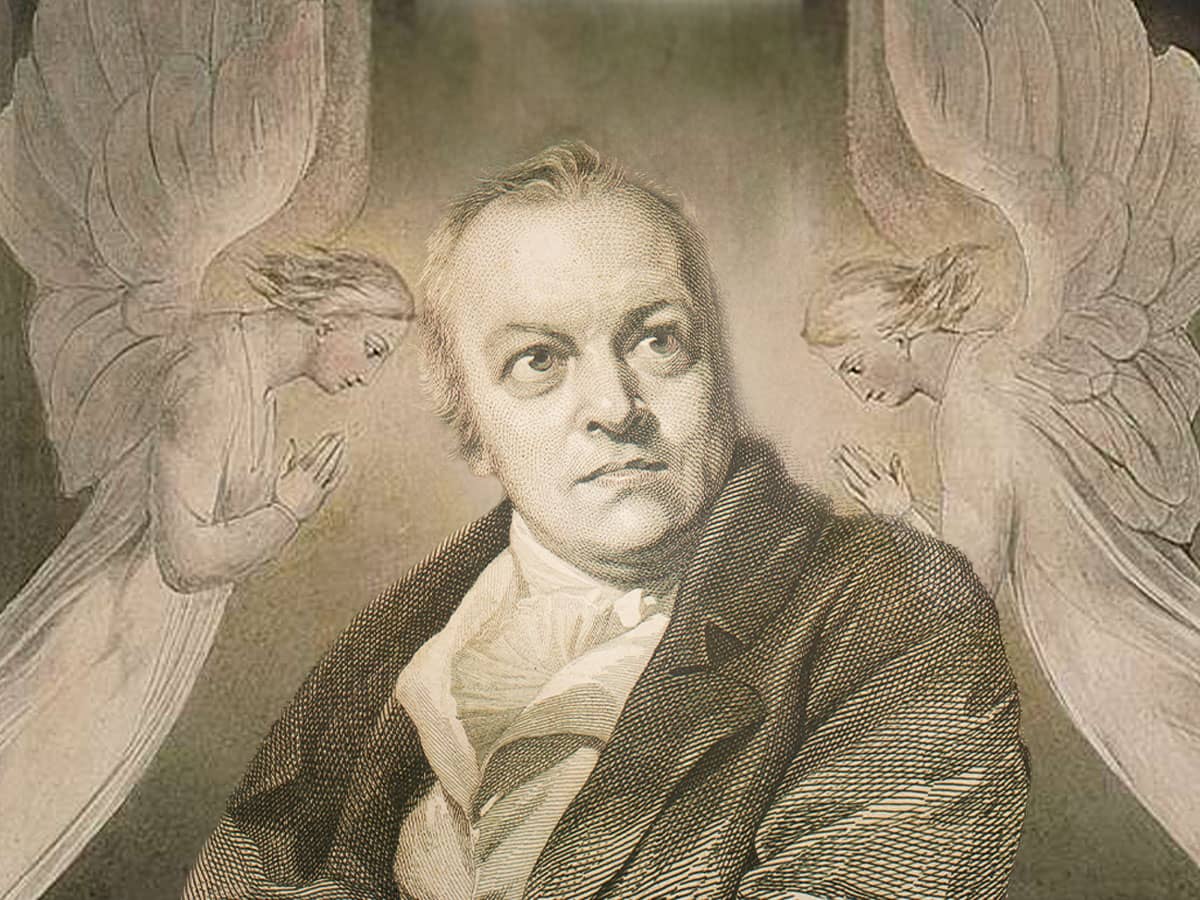The concept of the angel can be enormously helpful to us, particularly in our careers, if we can catch the drift of its meaning in a new and creative way.
When we examine the role of the angel in ancient literature, it becomes clear that the angel is only secondarily a messenger. First and foremost, angels preside over a situation. They hover over a particular moment, over a particular problem.
In modern terms, the concept of the angel can best be compared to the idea of the force field. Magnets, for example, exert a force that attracts iron filings from a distance. Within the field of force, the magnet arranges the filings in an order that can be described and even predicted.
In the language of analytical psychology, an angel is an "archetypal" image for a force field that has a specific character and operates independently of our own conscious field. By understanding the nature of such independent "angelic" fields, we can interact creatively with them to transform situations in often remarkable ways.
Let’s consider as an example the Angel of the Furnace from the Book of Daniel in the Old Testament. The story begins as everyone is ordered by King Nebuchadnezzar to fall down and worship an immense gold statue. Certain nasty slanderers are out to get Shadrach, Meshach, and Abed-nego, who, as faithful Jews, are not going to worship the statue. When the king hears of their intransigence, he goes into a raging fury and orders them thrown, bound, into the furnace at seven times its usual heat.
The issues hovering over this situation/force field are idolatry, fear, rage, and betrayal of one’s own highest values. The Angel of the Furnace protects those who are not caught in such issues, those who can withstand their own fear and rage. We can see the great wisdom of this story, if understood at the archetypal image or symbolic level.
Our emotions are like a red-hot furnace when our beliefs are at stake. Those who are not burned up by those disabling emotions are able to see alternatives and creative solutions. Such differentiated responses free us to walk around unbound and unconsumed by fiery emotions that can destroy our best intentions, our own highest values.
Now, how do we apply this to the world of careers? Idolatry in the workplace would be a particularly apt term for the invitations to fear and anger that arise from power struggles in the workplace. Few people say they want to exercise naked power over others. Instead, the furnace forces of fear ("Is he trying to take over my job?") and anger ("She’s got a lot of nerve leaving me off the distribution list.") are what lead us to act against ourselves and others.
As for the angel hovering over the meeting? First, if we recognize that our own fear is likely to be drawn into the force field, we can be prepared. Perhaps a lighthearted comment or a joke will disarm the moment.
Second, we should look for new and creative opportunities to change this angelic force field, based on our heightened awareness. Often at such a moment, it is appropriate to put away for a moment our (cherished) presentation. We can often get what we want from an uncooperative group by reminding that group of its highest values, for example, cohesiveness and teamwork. "Before I make my presentation, I’d like to invoke the spirit of what we accomplished together in the past. Here’s what I am grateful for in your contributions." With this approach, we are re-creating the experience for the others of walking in the furnace with the angel. Having accomplished the repair work of this task, the angel of the moment will allow us to proceed unscathed.

